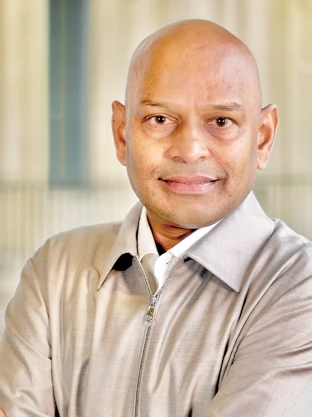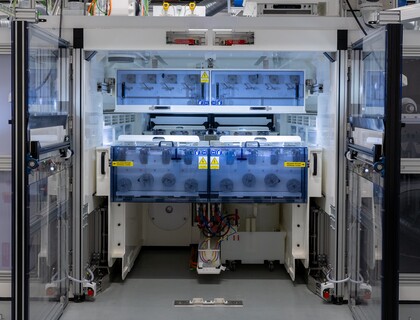
Prof. Seeram Ramakrishna
Professor Seeram Ramakrishna is a world-renowned scholar of cross-field at the National University of Singapore (NUS), which is ranked among the top 8 universities in the world. He is named among the World’s Most Influential Minds (Thomson Reuters) and Clarivate Highly Cited Researchers since 2014. Highest professional distinctions include an elected International Fellow/Academician of Royal Academy of Engineering (FREng), UK; Chinese Academy of Engineering, China; Singapore Academy of Engineering; Indian National Academy of Engineering, India; and ASEAN Academy of Engineering & Technology. He received a PhD from the University of Cambridge, UK, and TGMP from Harvard University, USA. He received advanced research experiences from MIT and Johns Hopkins University, USA and KIT, Japan. He made seminal contributions in understanding and enhancing the biological, chemical, electrical, electronic, mechanical, and physical responses of nanofibers/nanomaterials. He championed cross-fields R&D approach to advance nanofibers in air/liquid filtration, composites, regenerative medicine, energy generation, energy storage, sensors, wearables, and intelligent materials systems. He advocates circular economy for sustainable future.
-
Future Directions of Fiber Materials
For millennia, diverse fibers have been sourced | synthesized | developed, and employed in the service of humans. Recent years saw the emergence of new frontiers such as nano-engineered materials, quantum materials, sustainable materials, living materials, biotechnology, machine learning, materials informatics, and artificial intelligence. They provide opportunities to envisage future directions of fiber materials. Sustainable fiber materials and intelligent fiber materials systems are the emerging frontiers.
Sustainable Fiber Materials: ‘Circularity of matter’ is a central feature of our ecosphere. The survival of all living beings, which includes humans on Earth, depends on its circularity and energy input from the Sun. Embracing material circular economy enables us to emulate nature. Sustainable Materials are the materials that foster a healthy living ecology and a circular economy via the elimination or reduction of associated greenhouse gas (GHG) emissions, wastage, and resource depletion. They are purposely designed and | or selected with lower ecological footprint and social costs, and higher circularity while satisfying the cost as well as functional requirements. In other words, they are less detrimental to the ecosphere and human health.
Intelligent Fiber Materials constitute a class of materials distinguished by their remarkable ability to perceive, modify, conform, and execute specific tasks in response to external or environmental stimuli. These materials possess inherent traits that allow them to sense changes in their surroundings, adjust accordingly, and optimize their performance autonomously. The essence of intelligent materials lies in their capacity to self-regulate their response functions and timing, thus enhancing their adaptability and functionality.
This lecture presents current progress and future opportunities.
Prof. Seeram Ramakrishna
Professor of the National University of Singapore

Professor Seeram Ramakrishna is a world-renowned scholar of cross-field at the National University of Singapore (NUS), which is ranked among the top 8 universities in the world. He is named among the World’s Most Influential Minds (Thomson Reuters) and Clarivate Highly Cited Researchers since 2014. Highest profes…

